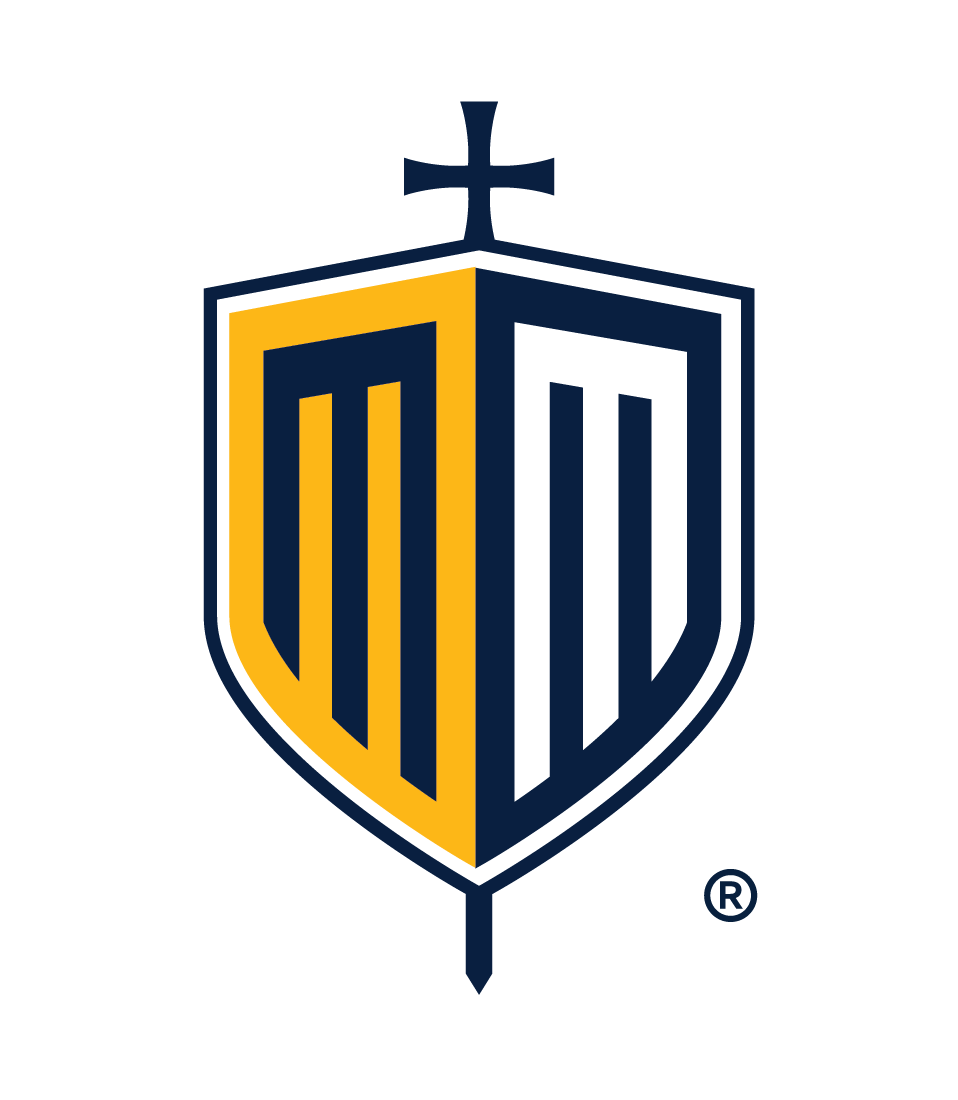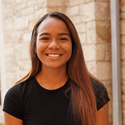Professor Jason Heron works with the Vatican’s Artificial Intelligence Working Group
September 4, 2025
Over the summer, Jason Heron, associate professor of theology, joined colleagues from universities across the US and Canada at the University of Notre Dame. They gathered as a research group commissioned by the Vatican’s Dicastery for Culture and Education. Their commission is to study the impact of artificial intelligence (AI) on human agency and education.
Heron was initially invited to be part of the group’s education project by a friend who was already in the working group. "She knew of my work and of my interest in education," explained Heron. "So, she thought I'd be a useful partner in the project." Those in the research group have a range of expertise from business to computer science to theology.
Heron has been a part of the North American AI Research Group since the fall of 2023, and he said yes to the cause because of his love of education. "The use of AI is a moral issue that is already having an enormous impact on education," said Heron. "I said yes to being in the group because it's a chance to work on one of the most significant social issues of our time." This was the third in-person meeting the group has had since starting in 2020. All other meetings have been over Zoom. For two years, Heron's group has been writing a book on AI’s impact on education. This book explores "what it means to be educated, what it means to be educated in a Catholic school, how AI can be used to support authentic human and Catholic education, and how AI is threatening authentic human and Catholic education. … We see the book as contributing to our thoughts on justice: what is a just, fair, and a good use of AI in education?"
At this most recent meeting, the group made significant progress on their project and heard from outside readers who had commented on their most recent draft of the book. "Thinking and writing about such a situation is very difficult," said Heron. "But doing so from a Catholic perspective gives you some ground to stand on. The Catholic Church is an ancient institution. And for all its sins, it still has a lot of wisdom to offer humanity, especially during uncertain times like this." The group met throughout the days to discuss how to improve the book and how to move forward with publication. Heron said that the project will be finished by this fall. "As a Christian theologian and as an ethicist, I'm focused mostly on what human communities think about themselves in light of what they say about God. Christians believe that every person is a beloved child of the Creator. So, every person possesses inalienable dignity and should be treated as such. AI can be used to support and help humans. But it can just as easily be used to degrade and oppress humans. So, I'm interested in what the Christian view of the human person has to say about the many different ways we might use AI." The group also discussed future projects, which Heron said he is very excited about.
"It's a pleasure to work with such amazing colleagues from institutions across the U.S. and Canada," said Heron. "It's also an honor to be doing work for the Vatican. AI is such an important issue, and so many people are looking for guidance on how to navigate it. It's exciting to be working right there where people's needs meet the Church's wisdom.
###
About Mount Marty University
Founded in 1936 by the Sisters of Sacred Heart Monastery, Mount Marty University is South Dakota's only Catholic, Benedictine institution of higher education. Located along the bluffs of the Missouri River in Yankton, with additional locations in Watertown and Sioux Falls, Mount Marty offers undergraduate and graduate degrees focusing on student and alumni success in high-demand fields such as health sciences, education, criminal justice, business, accounting, recreation management, and more. A community of learners in the Benedictine tradition, Mount Marty emphasizes academic excellence and develops well-rounded students with intellectual competence, professional and personal skills and moral, spiritual and social values. To learn more, visit mountmarty.edu.







